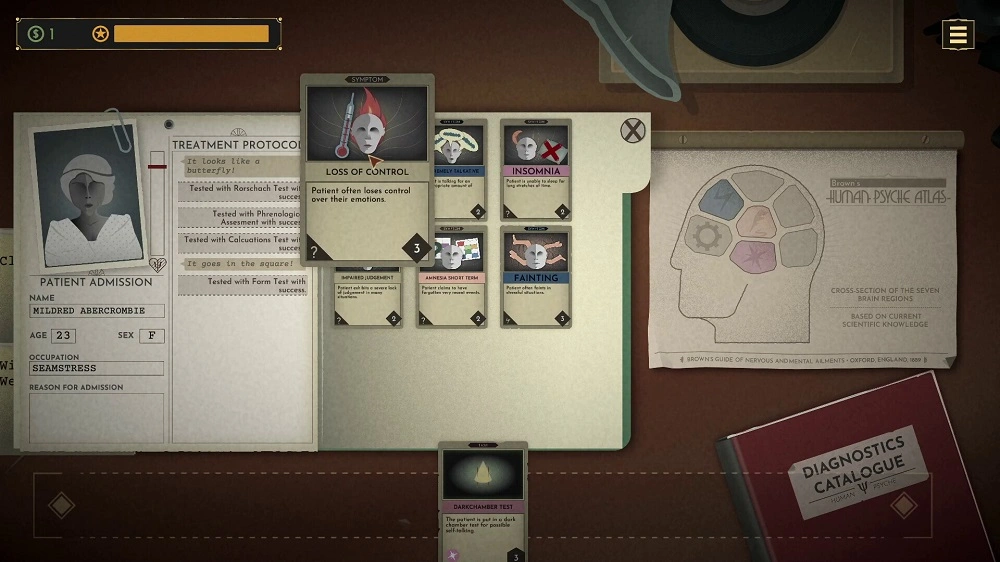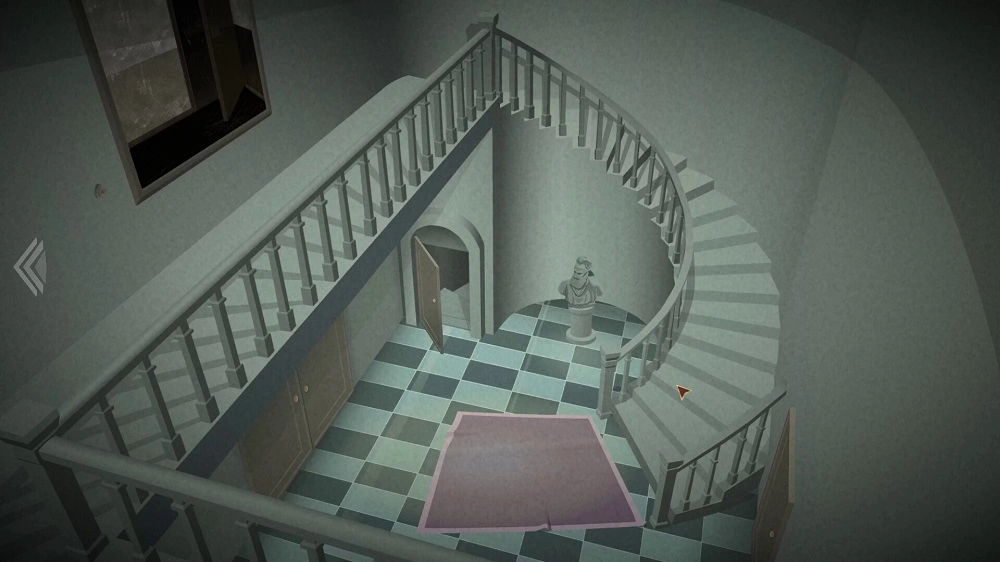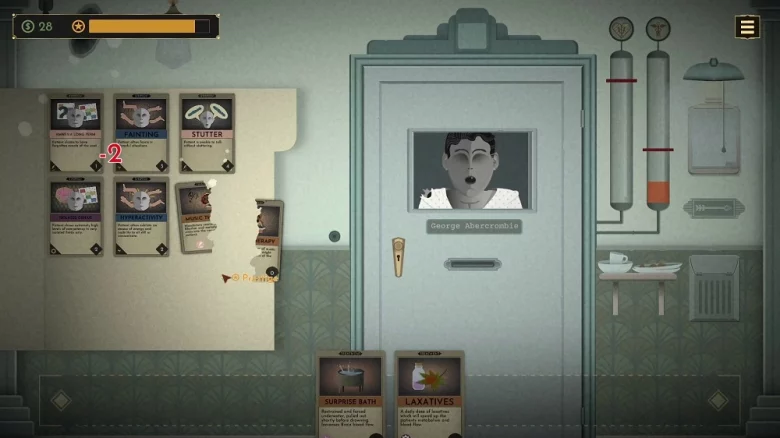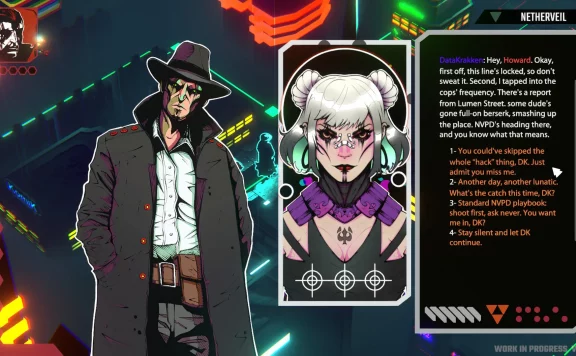I’ve not played a game like Sanatorium – A Mental Asylum Simulator before. From its title, it may seem insensitive. It may sound like it’s shining some kind of humorous light on the subject of mental health. I can safely say this isn’t the case, though. What lies at the heart of Zeitglas’ debut is a deeply intelligent card-based game where the moral compass is tested and finding the right treatment can sometimes go against the supposed aid that the mental asylum is offering.
You play as a failed journalist who can’t seem to get the right story. When a mysterious letter appears reminding you of someone from your past and how they may be staying at Castle Woods Asylum, you decide to go undercover there. The goal is to find this person without being discovered. While you’ll be given your own patients, you can also explore the asylum in the evening and try to piece together the strange happenings there.

There’s a lot to learn when first starting out. Sanatorium – A Mental Asylum Simulator has many branches of mechanics that take time to learn. After understanding what your sole responsibility is, things begin to become clearer. New patients are supplied every day. Each comes in with a brief backstory, seldom symptoms, and opportunities to perform tests to learn more about them. Symptoms fall into four categories affecting four parts of the brain: Impetus, Ratio, Memoria, and Mania. Wrapping your head around the fundamentals makes it much easier to grasp.
Impetus affects reflexes and impulses with ailments leading to overactive behaviour. Ratio processes rational thought, meaning erratic behaviour or a lack of judgment could be a result of this part of the brain being affected. Memoria controls memory and the skill of recollection, where amnesia or forgetfulness can be a result of symptoms altering its function. Finally, Mania is where creativity and dreams thrive, so any ailments can cause a blur of reality leading to hallucinations.
One patient might suffer from a reading disorder or inebriation. Another might have cramps or a nervous agitation. By playing test cards onto your patient’s file, you’ll be able to unveil new symptoms to diagnose. The whole point is working out what is wrong with each patient, what part of the brain it affects, and offering the right treatment. As every new day comes, you’ll earn money by diagnosing correctly. When every day ends, you can purchase new tests and new treatments which expand the amount of options you have to deal with the four categories.

It may sound confusing but it gets easier. Experimenting allows you to see what does and doesn’t work. Thankfully you have a diagnosis guidebook which keeps track of every symptom you diagnose across all patients. It also shows any syndromes that features a set collection of symptoms. Checking on this helps you to know what the correct course of treatment is. When it comes to assessing the patients at the end of the day, you’re aiming to improve their health and offer them the correct treatment. If you have done enough, the option to release them becomes available.
While many will play by the rules, you don’t always have to be ‘by the book.’ The asylum’s Dr. Bertham was trying to get me to discharge one patient because he seemed like a lost cause. However, when I spoke with the patient, he told me there was something hidden in the basement that would tell me more about the inappropriate happenings of the doctor. Intimidation tactics begin to be implemented by workers at the asylum, so choosing to let your investigation suffer in order to stay undercover is a line you’ll have to walk.
I could spend a lot of time trying to explain the mechanics. It’s much easier to see and experience for yourself. Sanatorium is one of the most creative approaches to mental health in gaming I’ve seen. It’s sensitive with the subject, as well as highlighting the ignorance to it in the early 1920s. It’s a card-based game with plenty of depth, both in how you play and what you learn. This might not be for everyone and there is a lot to take in, but once you get to grips with the fundamentals, it opens up a lot.
Sanatorium – A Mental Asylum Simulator is “coming soon” to PC via Steam.

